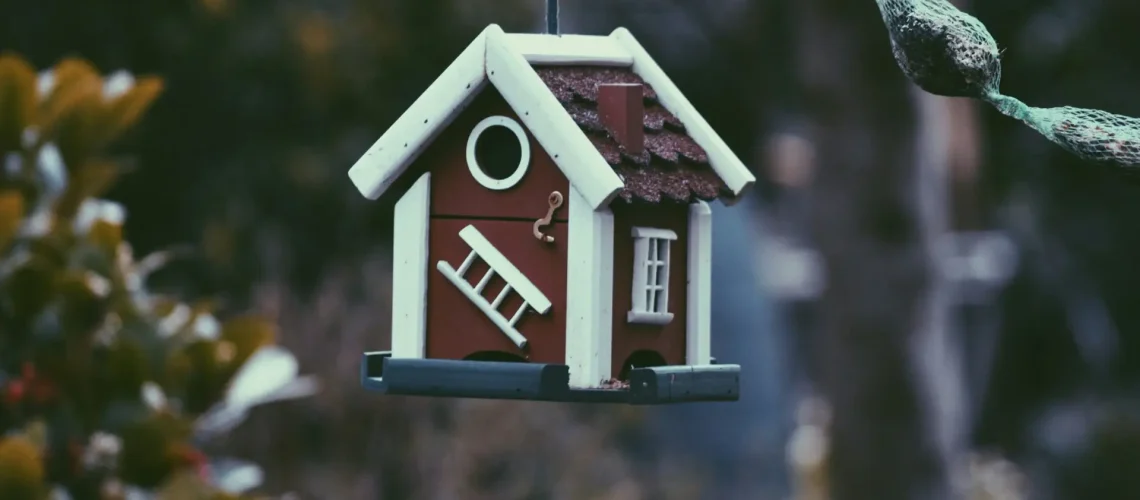A home inspection is a vital step in the process of buying or selling a home. Whether you’re a first-time buyer or a seasoned homeowner, asking the right questions can help you gain a comprehensive understanding of the property’s condition. Home inspections cover a range of areas, and knowing what to ask ensures you make informed decisions and avoid surprises later. Here are the top 10 questions to ask your home inspector to get the most out of the process.
1. What’s Included in the Inspection?
Before the inspection starts, it’s important to clarify exactly what’s covered. While most inspections include key elements such as the roof, foundation, plumbing, and electrical systems, there may be exclusions.
Why It’s Important:
Understanding the scope of the inspection helps manage your expectations. For example, specialized inspections may be needed for swimming pools, septic systems, or environmental hazards like radon or asbestos.
Pro Tip:
Ask the inspector for a sample report so you can see how detailed the final inspection will be.
2. What Are the Major Issues with This Home?
After the inspection is complete, this is the most crucial question to ask. Have the inspector walk you through the most significant issues they found.
Why It’s Important:
This gives you an idea of what might need immediate attention or negotiation with the seller. Some issues could be deal-breakers, while others might be minor fixes that can be tackled later.
Pro Tip:
Clarify whether the issues are urgent (requiring immediate repair) or more cosmetic.
3. How Serious Are These Issues?
Not all problems are created equal. Ask the inspector to explain the severity of each issue, from minor repairs to major safety concerns.
Why It’s Important:
Understanding the level of urgency helps you determine if repairs can wait or if they need to be addressed immediately. For example, a small roof leak might be manageable, but significant foundation issues could be expensive to fix.
4. Which Repairs Should Be Prioritized?
This question is key to organizing your next steps. Ask your inspector which repairs should be done first and which can be postponed.
Why It’s Important:
If you’re on a tight budget, knowing what repairs to prioritize will help you allocate your resources wisely.
Pro Tip:
Request recommendations for qualified contractors to handle specific repairs.
5. How Much Will These Repairs Cost?
While inspectors typically don’t provide detailed estimates, they can give you a general idea of the cost range for necessary repairs. They may also recommend hiring a contractor for a more precise estimate.
Why It’s Important:
Having a ballpark idea of repair costs helps you budget and decide whether to negotiate with the seller or walk away from the deal.
Pro Tip:
Follow up with contractors to get detailed quotes for major repairs identified during the inspection.
6. Were Any Areas Uninspected?
Sometimes inspectors can’t access certain areas due to obstructions or safety concerns. Be sure to ask if any spaces were left uninspected and the reason behind it.
Why It’s Important:
Uninspected areas might hide hidden problems, such as leaks in an attic or moisture in a basement. These issues could result in expensive repairs if left unnoticed.
Pro Tip:
If key areas were inaccessible, consider rescheduling the inspection once those areas are accessible.
7. Are These Problems Common for Homes in This Area?
Experienced inspectors will know whether certain problems are typical for homes of a specific age or type in your area.
Why It’s Important:
Knowing if a problem is common gives you perspective. If an issue is widespread, it may not be a deal-breaker and can often be resolved by local contractors familiar with it.
8. What Should I Monitor Going Forward?
Even if the home doesn’t have major issues now, some components may need closer attention in the future. Ask your inspector what to keep an eye on over time.
Why It’s Important:
This advice helps you stay proactive about potential problems. Regular maintenance on things like the roof, plumbing, and HVAC system can prevent larger issues down the line.
Pro Tip:
Ask the inspector if they recommend a maintenance schedule to keep the home in optimal condition.
9. Do You Offer Reinspections After Repairs?
If repairs are negotiated with the seller, you may want to verify that the work was completed properly. Ask if the inspector offers reinspections and the associated costs.
Why It’s Important:
Reinspections ensure that repairs were done correctly, which can prevent future headaches.
Pro Tip:
Even if the inspector doesn’t offer reinspections, it’s worth having a contractor review the work to confirm it was done to code.
10. Are There Any Safety Concerns?
Home inspectors also check for safety issues, such as mold, carbon monoxide leaks, or faulty electrical wiring. Ask them if they identified anything that could pose a safety risk to the occupants.
Why It’s Important:
Safety should always be a priority. Addressing safety concerns promptly is essential for protecting your family and avoiding potential legal liabilities.
Conclusion
A home inspection is a crucial step in buying or selling a home. By asking these 10 essential questions, you’ll gain a deeper understanding of the home’s condition, prioritize repairs, and avoid costly surprises in the future. Your home inspector is there to guide you—make sure to take full advantage of their expertise by asking questions, reviewing the inspection report carefully, and using the information to make confident decisions about your home purchase or sale.


